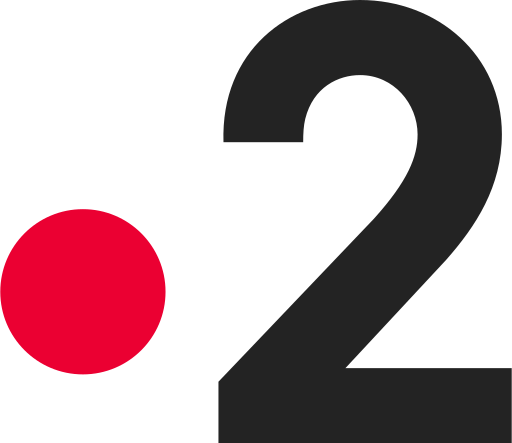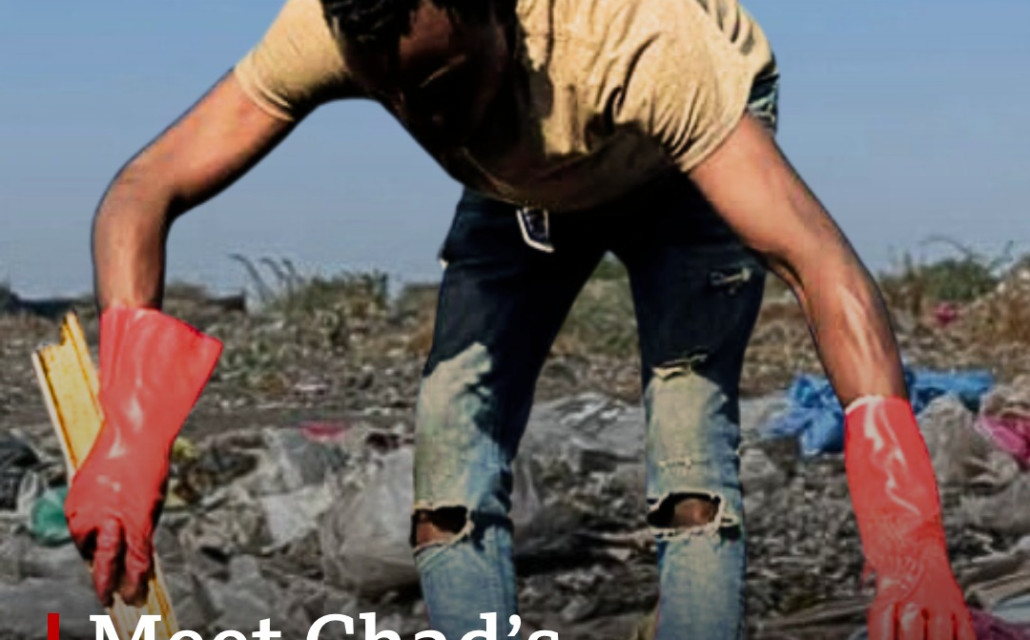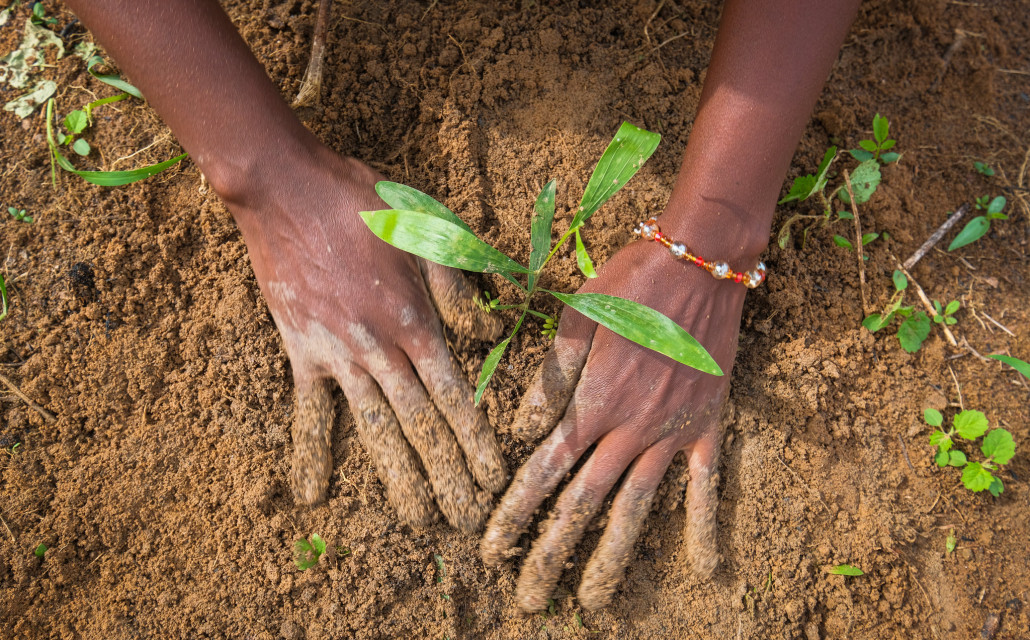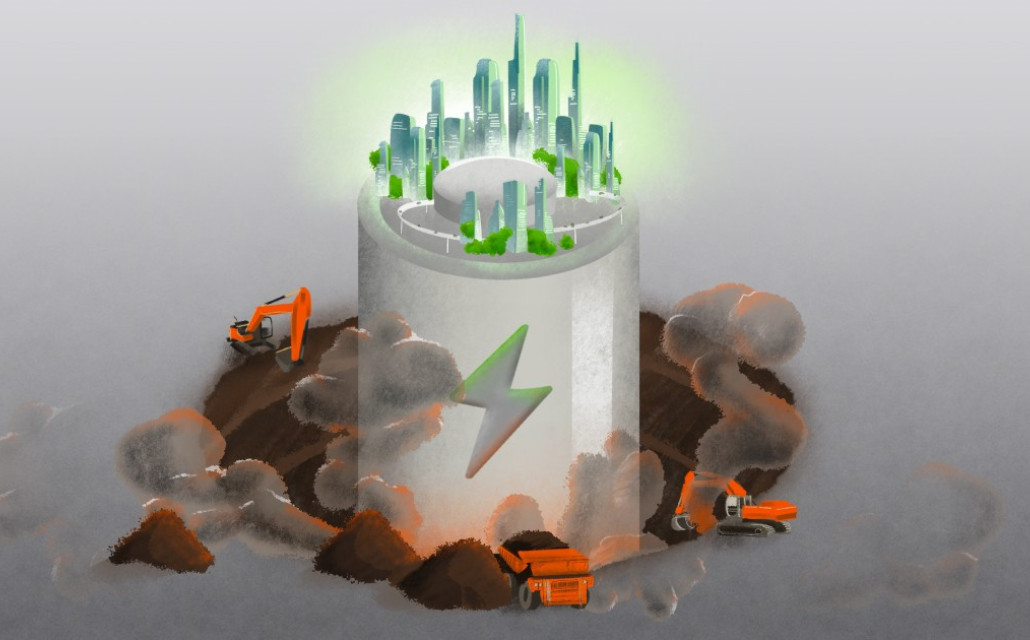Juliette Chapalain
Digital Multimedia & Fellowship Editor / Director / Journalist / Trainer
Paris, France
Paris, France
Presentation
She has gained versatile experience in a variety of formats as a reporter, videojournalist, producer, director or editor (TV5 Monde, Arte, France 2, TF1, Mediapart, Libération, Mongabay, BBC), in multicultural newsrooms. As a Fellowship & Multimedia Editor at Mongabay Afrique, she grows and develops a network of journalists focused on Africa’s environment by launching and leading a French-language journalism fellowship program and impactful digital journalism pieces (videos and podcasts).Experience
Mongabay












Education
BBC Academy
Ecole de l'image Gobelins
ESJ Lille
Sciences Po Lille
Université Laval
Nottingham trent university
Hypokhâgne scientifique
Projects

Les îles Chagos : cet archipel dont vous allez entendre parler
29-10-2025
Have you heard of the paradise archipelago of the Chagos Islands? Today we reveal this documentary report on its marine treasures and history.
Editor & Producer: Juliette Chapalain
BBC I Chad's environmental artist and activist Doff
01-01-2024
In the streets of N'djamena, on the beaches of Ivory Coast, or in Garbage centers, Appolinaire Guidimbaye, alias “Doff”, picks up rubbish. This Chadian artist transforms garbage into art while raising awareness on environmental and recycling issues during the process.
Planète Mongabay, le nouveau podcast environnemental du continent africain
08-01-2025
En janvier 2025, Mongabay Afrique lance son premier podcast francophone : Planète Mongabay. Un espace qui donne la parole aux acteurs de l’environnement sur le continent africain.
Rédaction en chef : Juliette Chapalain

BBC I The incredible life path of the designer Imane Ayissi
08-07-2022
The famous designer Imane Ayissi is the only African to participate in the Haute Couture week 2022 in Paris. Originally from Yaoundé, he spent 8 years of his life in France without papers before reaching international fame as a fashion designer. Report by Juliette Chapalain and Sam Robinson.
Greed of Green: The dark side of green energy
18-11-2024
ERC's latest investigation looks into how vulnerable communities are affected by the pursuit of minerals critical for the transition to renewable energy. The investigations, involving newsrooms from 11 countries, suggests the need for better regulation to ensure a just transition.

BBC I Ancienne coiffeuse devenue députée, l'histoire extraordinaire de Rachel Keke
01-01-2022
Coiffeuse dans les rues d’Abidjan à 12 ans, puis femme de ménage à Paris, elle est aujourd’hui femme politique. En France et en Côte d’Ivoire, nos équipes ont suivi Rachel Keke, Franco-Ivoirienne et députée de la République française, élue en juin dernier. Portrait signé Juliette Chapalain.

Who was Samuel Abayateye, the fisheries observer missing in Ghana?
01-05-2024
In October 2023, Samuel Abayateye disappeared in Ghana. It’s not the 1st time a fisheries observer disappears in Ghana’s seas. To find out more about the missing 38-man, Mongabay went to his hometown of Anyamam to meet his family.
Editor: Juliette Chapalain

Mongabay I Biochar from banana peels breaks ground in Cameroon
28-12-2025
In Cameroon, home to one of the largest forest massif in Africa, the production of charcoal is a growing threat to the environment.
To combat this, Steve transforms organic waste, such as banana peels, into ecological charcoal, or biochar.
Editor and co-producer: Juliette Chapalain

Investigating the real price of Congo's gold
19-02-2025
Protect your forests, or raze them to the ground to extract gold? It’s a dilemma in the Republic of Congo, in the Congo Basin. Since 2020, at least 79 mining permits for gold exploration or exploitation have been issued in the Sangha, a protected area.
Editor: Juliette Chapalain



